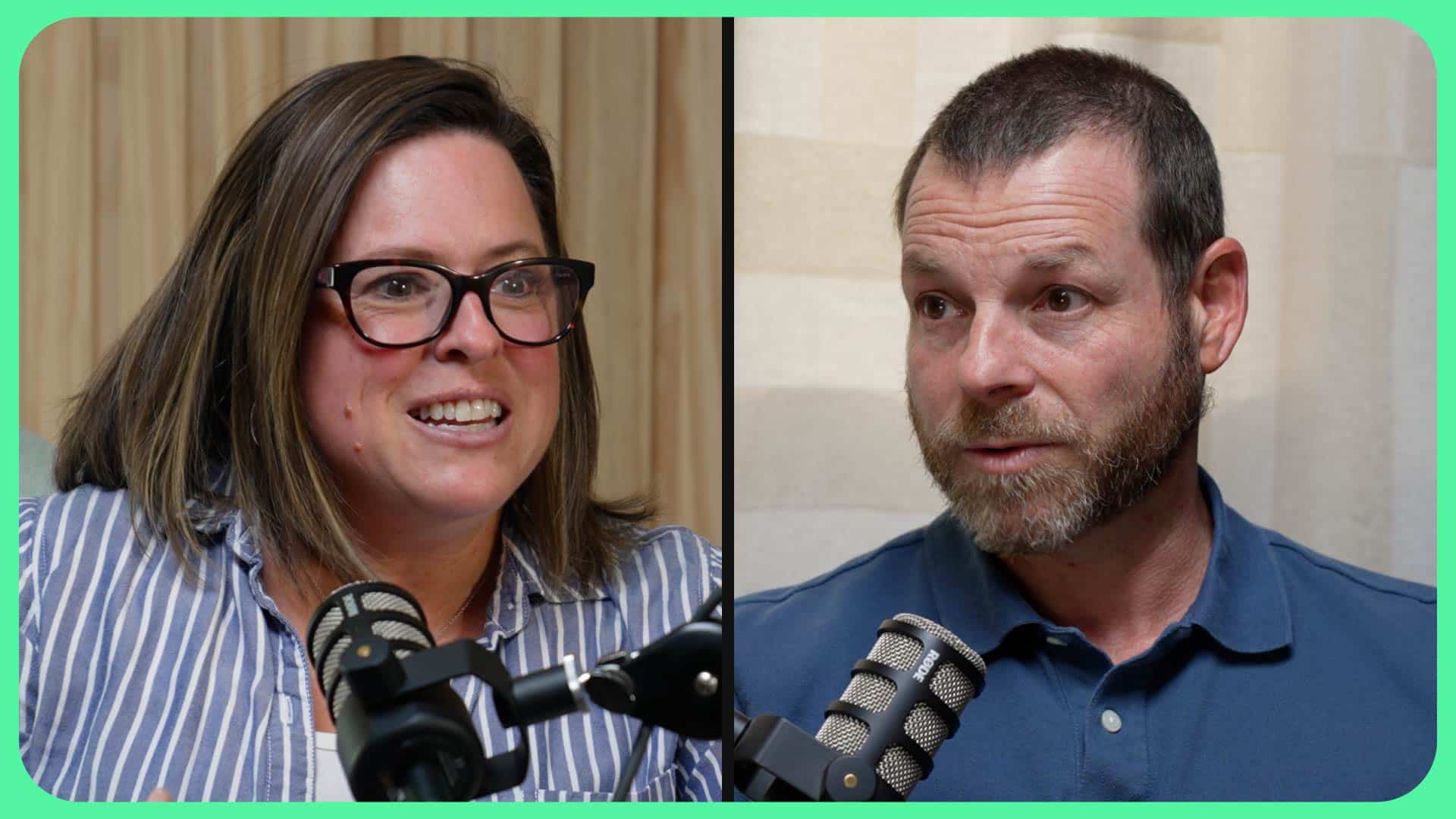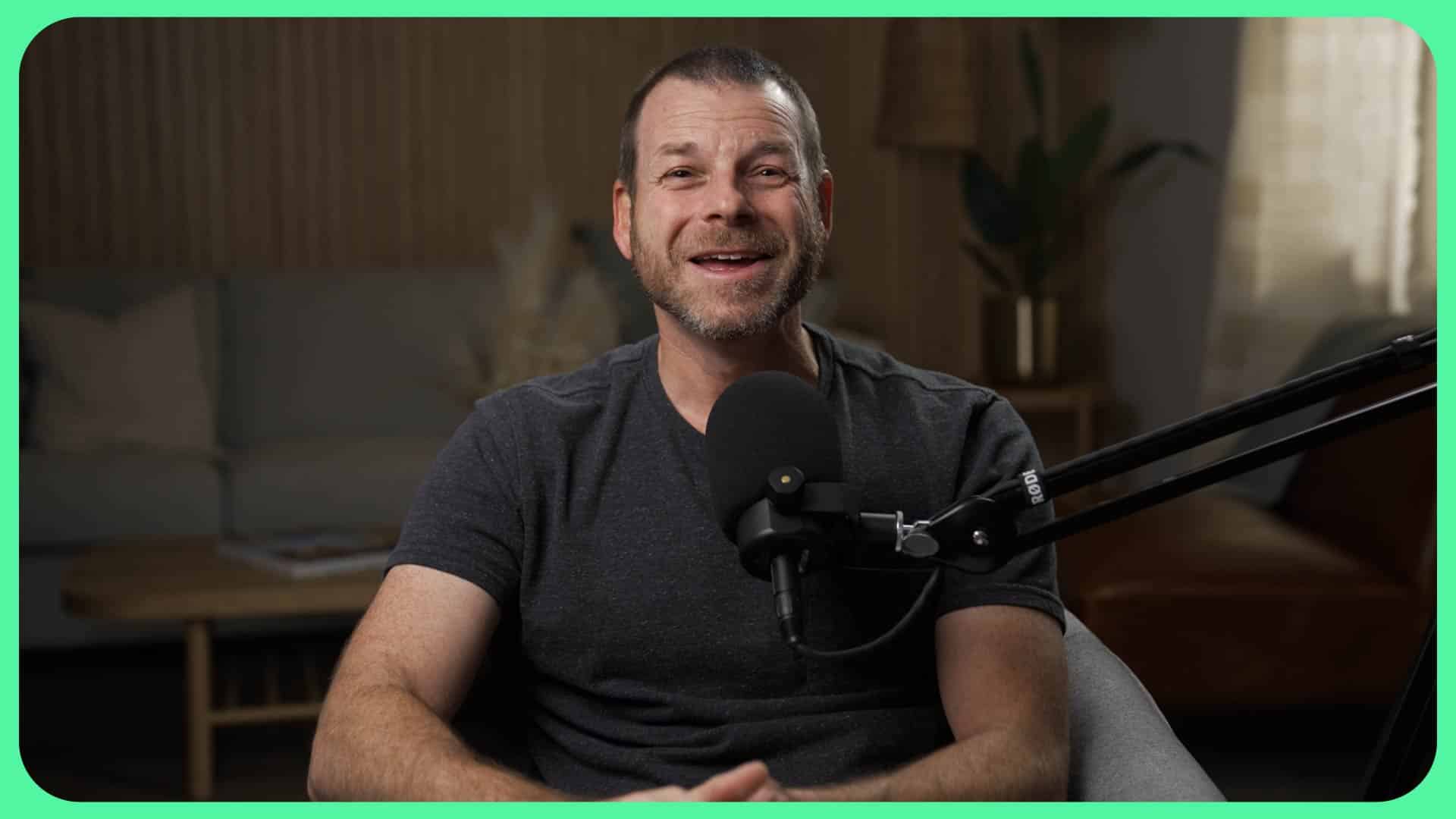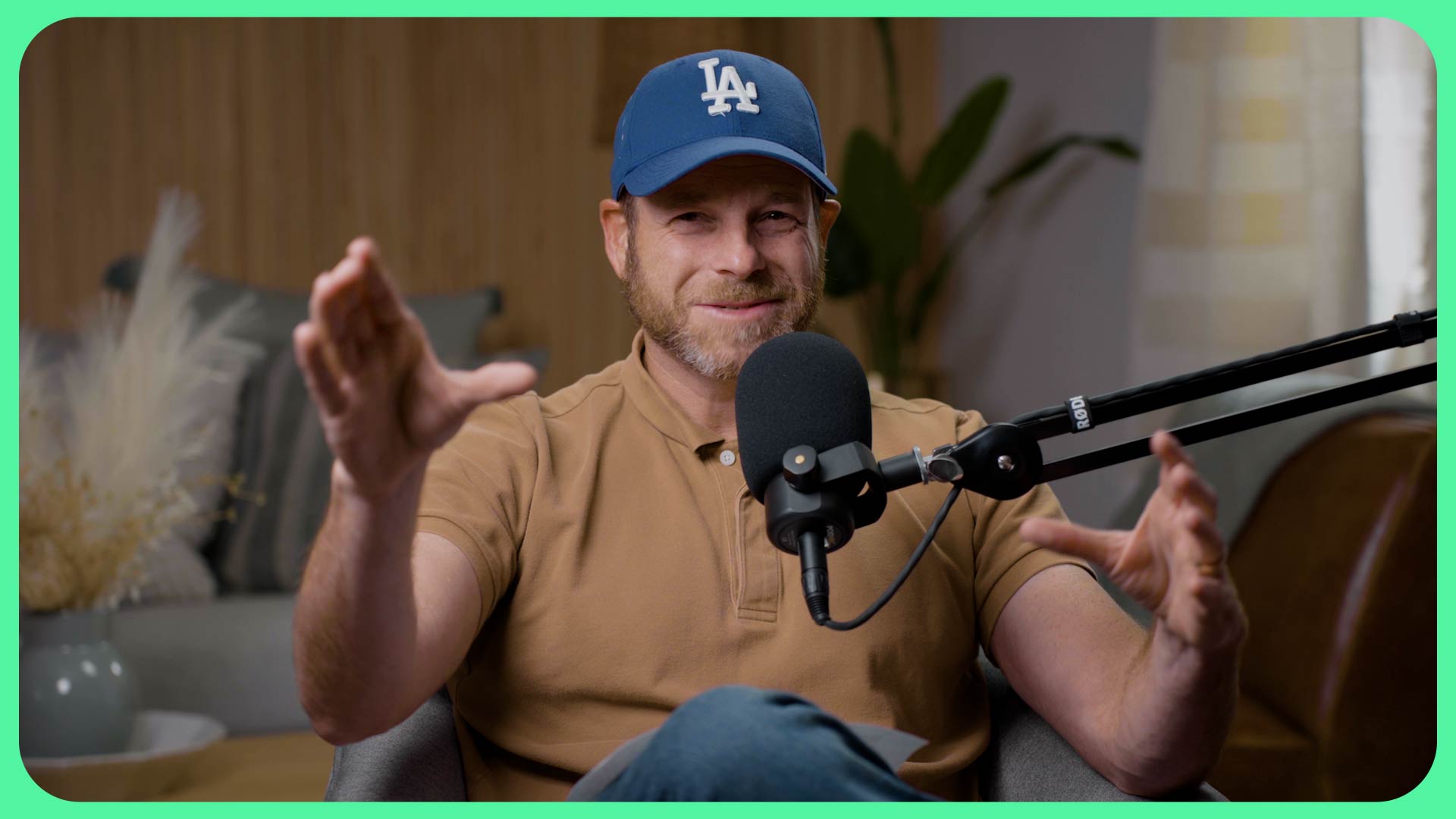The Beauty in Limitations
By Dan Franklin
Many of us love Coldstone Cremery. It is a great place to get ice cream because of the many, many options they offer. Not only are there several flavors, but there are also numerous toppings. There are the syrups and the sprinkles and the chocolate and the fruit. At Coldstone you get your pick, and this gives most of us comfort and joy.
But what if you walked into Coldstone and you were told that there was only one ice cream dish? This limitation would seem stifling to many of us. We don’t like limitations. We treasure options because along with options come freedom. Limitations are the enemy. Freedom is the goal.
This brings us a problem when we approach Jesus. On the one hand, we like Jesus and we know that He has come to bring us freedom. At the same time, it is undeniable that Jesus brings us limitations when it comes to both our beliefs and our behavior. What we find when we look closely at the message of Jesus is that He brings the ultimate freedom through the limitations He brings. In other words, we find both beauty and liberation in the limitations that Jesus brings.
Limitations Bring Clarity
If you’ve ever played the game of Clue, then you know what it means to pursue limitation. In Clue, the entire goal is to discover the identity of the murder, along with the murder weapon and the place of the murder. The only way to do this is to make guesses and be proved wrong. With each guess, another player shows you a room, a weapon, or a person who could not be involved. When you find out this information, however, no one bemoans their situation, saying, “Now I am so sad because I can no longer guess Mr. Green when I am making my accusations.” Instead they say, “Now I won’t make the same mistake in guessing Mr. Green. My options are limited and this will help me immensely.” Joy and clarity come through limitations.
Jesus said in John 8:31-32, “If you hold to my teaching, you are really my disciples. Then you will know the truth, and the truth will set you free.” Jesus says that if we do exactly what He says, if we embrace Him fully, then we will be set free. We will be set free because our options for what we believe and whom we believe will be so limited that we will have clarity. We will know what is true and we will know what is not true. And this will set us free to live lives of meaning and significance.
Embracing Jesus undoubtedly limits what we believe and how we behave. Far from making us slaves, however, this is the path to real freedom. Liberation comes through limitation.
Limitations Bring Guidance
Sometimes we feel limited and we ask God to remove the limitation. We may feel limited by a health problem, by a trial, by a marriage, by a job, or by some other unwelcome limitation. Our instinct is to say to God, “Take away this difficult limitation, and then I will be free to serve you with all my heart.”
This was the attitude of the apostle Paul in 2 Corinthians 12 when he talks about his thorn in the flesh. It is unclear exactly what this trial was—whether it was physical, emotional, or spiritual—but we know that it was a limitation that he wanted to do without. Three times he asked God to take it away from him, presumably so that he could serve God with greater freedom. God, however, responds to him in verse 9 by saying, “My grace is sufficient for you, for my power is made perfect in weakness.” In other words, God refuses to take away Paul’s limitation. Paul responds by saying, “Therefore I will boast all the more gladly about my weaknesses, so that Christ’s power may rest on me. That is why, for Christ’s sake, I delight in weaknesses, in insults, in hardships, in persecutions, in difficulties. For when I am weak, then I am strong.” Paul embraces his limitations so that God’s power can be put on display through his weakness.
Paul asked for his trial to be taken away. When God refused, Paul said, “Okay, apparently this is my new normal. This is my life. These are my limitations. They are God-given. I will now move forward with that as my guidance.”
If you’re in a difficult marriage, you might think that liberation will come through escaping your marriage. Much more likely, though, liberation will come through embracing your situation. Liberation comes when we say, “Okay, this is where I am. This is my marriage. This is my job. This is my income. This is my health. I take my life situation as part of God’s guidance on how He is leading me to proceed.”
Just as it would not be advisable for someone on a fixed income to pursue freedom by going into debt, someone in a difficult marriage should not be advised to pursue freedom through divorce. Someone with health problems should not pursue freedom through denial. Someone with a challenging job should not simply pursue freedom through quitting. Someone with sharp temptations should not pursue freedom through sin. Our limitations are part of God’s guidance for how we are called to live.
God did not leave Paul with his thorn in the flesh in order to be cruel. It was in order to keep Paul humble and dependent. God graciously gives us limitations in order to keep us humble and dependent. And this is how He leads us to true freedom.



